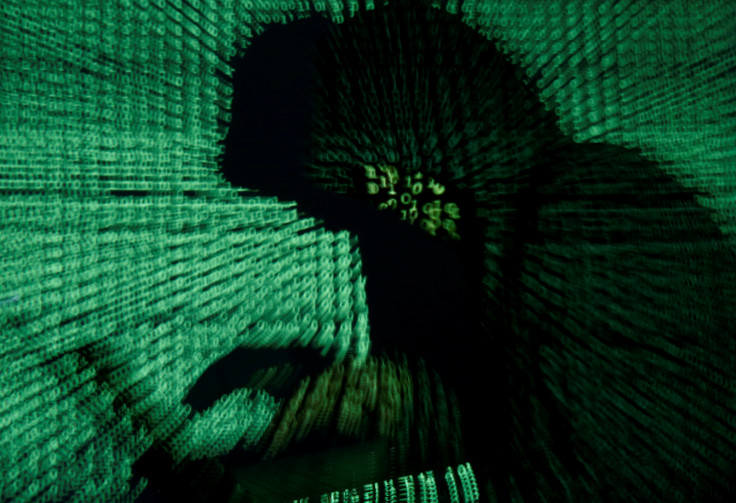Blockchain - the wonder weapon to defeat state-sponsored cyber hackers bent on chaos
Hackers from China, Russia, Iran and North Korea are seen as a major national security by the U.S government.
Hackers from around the world are probing government agencies all over the country for weaknesses. And they're having some success.
According to a report released last month, Chinese hackers targeted government computers and internet service providers in Alaska before and after a trade visit from state officials and business leaders in May. And earlier this summer, authorities revealed that Russian hackers had attempted to disrupt the U.S. power grid and the office of Sen. Claire McCaskill.
These cyber-attacks could have been much worse. Imagine if hackers had shut down an emergency services network or coordinated an attack on multiple states or federal agencies.
Fortunately, the technology required to defeat such catastrophic breaches already exists. It's called blockchain. By embracing this powerful tool, government officials can shield their constituents' data from digital sabotage.
The federal government is struggling to keep sensitive data and information systems safe from hackers. In 2014, hackers infiltrated the Office of Personnel Management and exposed the personnel records and security-clearance files of federal employees, contractors, and their friends and family. The hackers compromised the data of more than 22 million people and stole more than 5 million individuals' fingerprint records.
That breach was far from an isolated incident. During an attack on the Internal Revenue Service first reported in 2015, hackers gained access to 334,000 taxpayers' records. Months later, news emerged that Russian hackers had compromised computer systems at the State Department and White House.
The list goes on. Federal agencies reported nearly 31,000 cyber incidents in 2016 alone, 16 of which were deemed "major incidents."
Local governments aren't safe either. A few months ago, hackers used "ransomware" to lock the Atlanta city government's computer systems. Judges had to cancel court proceedings. Residents couldn't pay their water bills. So far, the city has spent nearly $3 million dealing with the fallout.
Such breaches are so common that officials now accept them as unavoidable. In March, the Department of Homeland Security's top cybersecurity official, Jeanette Manfra, said, "We cannot apply all of our resources equally across all of our systems . . . [T]here are going to be some issues where you do potentially have breaches."
The real impediment to stronger cybersecurity isn't a lack of money or expertise - it's that our institutions aren't availing themselves of the best available technologies, especially blockchain.

Blockchain isn't just a buzzword. Essentially, it's a highly secure digital ledger that stores encrypted data across multiple computers in a network. Think of it like a giant spreadsheet that multiple people can contribute to and view, wherever they may be - as long as they're on the network. New data can be added to a cell and "locked," so it can't be deleted or altered.
Had government agencies used blockchain to store their sensitive data, many of the recent breaches they've faced may have been thwarted.
Take the cyberattack on Atlanta. The ransomware prevented city officials from accessing data stored in several centralized databases. With blockchain, data is distributed across a decentralized network of computers. If hackers compromise one node in that network, other authorized users can still access the data.
Or consider the hack at the Office of Personnel Management. Officials didn't notice the breach for months. Blockchain users can immediately detect any attempt by an unauthorized party to access the information. That dramatically increases their chances of preventing a hack.
Some governments recognize the potential of blockchain technologies. Estonia, for instance, recently adopted a blockchain system to safeguard the electronic health records of all its citizens.
It's only a matter of time before cyberattackers from abroad try to strike again. Our nation's leaders must capitalize on the power of blockchain technology to ward off such attacks.
T. Richard Stroupe, Jr. is the CEO and co-founder of Sequoia Holdings, Inc.
© Copyright IBTimes 2025. All rights reserved.




















